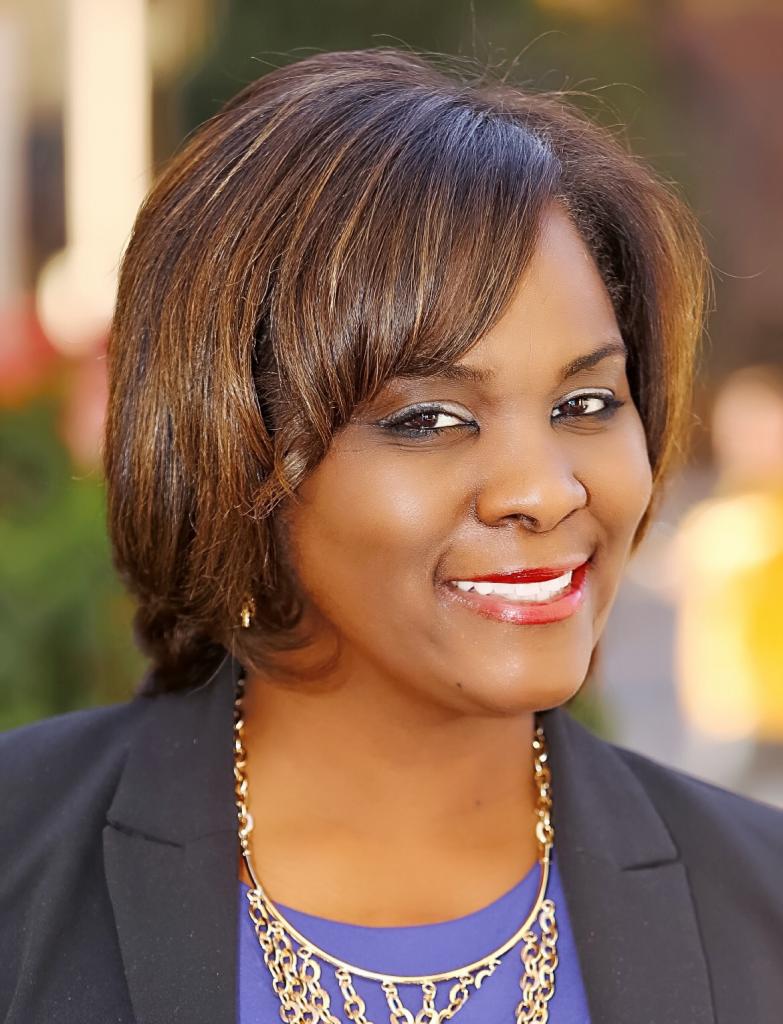TechTank: How Social Media is Changing Politics
Published by The Lawfare Institute
in Cooperation With

Digital natives, millennials, and Gen Z who grew up with the internet have a unique relationship with social media and online movements. These constituents also comprise a large proportion of eligible voters. In the last decade, millennials have risen from 20% to 26% of the voting populace, and Gen Z from 0% to 9%. With such shifts, candidates must develop more sophisticated and diverse uses of online platforms.
While former President Obama gained the distinction of leveraging social media to win his election, the 2022 election cycle revealed social media’s effect in the Pennsylvania Senate race between Democrat John Fetterman (D-PA) and Republican Mehmet Oz. Fetterman’s social media team, largely comprised of digital natives themselves, has been praised for their ability to leverage memes and online trends in creating viral content, which turned out to deepen voter engagement. While this concept is not new in the political realm, the platforms and specific ways of communicating on them will continue to progress, meaning that candidates and activists alike will need to keep up.
To discuss the impact of social media platforms and voter behaviors, #TechTank guest host Mishaela Robison spoke with digital strategist Annie Wu Henry, who led Fetterman’s social media campaign. Her efforts resulted in the New York Times naming her the “TikTok Whisperer” after his successful win. Annie Wu Henry is a social media and digital strategy expert for progressive organizations and campaigns, who believes in the intersection between on-the-ground organizing, electoral work, and online media to drive progress in society.
You can listen to the episode and subscribe to the TechTank podcast on Apple, Spotify, or Acast.

